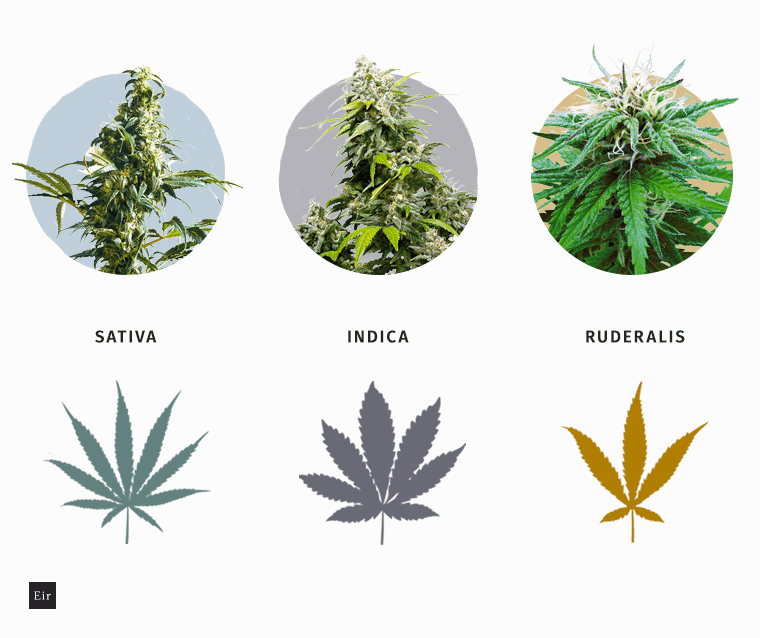Like many cannabinoids, CBD has great potential that can be used in a variety of areas. However, when it comes to medicinal use, CBD beats its cannabis relatives. Continuous research in this matter has proven that this compound has a positive effect on the reduction of such ailments as:
Anxiety. CBD appears to have anxiolytic properties according to many analysis results.
Inflammations. It has been noted in numerous scientific reviews that CBD appears to reduce inflammation in various parts of the body. CBD is responsible for this in blocking inflammatory receptors that contribute to the formation of inflammation.
Pain. Research shows that CBD can be used as a pain reliever. Sativex, an FDA-approved THC and CBD based drug for people with multiple sclerosis, significantly reduces pain.
Seizures. This is one of the best documented benefits of CBD. An FDA-approved drug called Epidiolex recently hit the US market. This CBD-based drug is used to treat drug-resistant epilepsy.
In addition to the proven benefits listed above, limited research suggests that CBD may also treat or prevent conditions such as:
Acne. Not only does CBD reduce inflammation - including skin inflammation - it can also regulate excess sebum production, which greatly improves the condition of the skin.
Addiction. Some studies suggest that CBD can be used to treat addiction, e.g. to nicotine
Cardiovascular disease. According to some studies, cannabidiol lowers blood pressure and thus prevents certain heart diseases.
Depression. There is some evidence to suggest that CBD may be able to reduce depression. It's mainly about changing the way our bodies interact with serotonin, the mood-elevating substance under the influence of CBD.
Sleep disturbance. A 2019 study suggested that CBD may have the effect of reducing anxiety-related insomnia.
CBD also seems to treat certain diseases in dogs, such as osteoarthritis and seizures. Therefore, more and more pet owners are using CBD in their pets.
So, while some of the benefits of CBD are well documented and proven, CBD may also have other benefits that still need to be confirmed with further research. Therefore, the list of potential uses of CBD to treat or prevent certain ailments is still open. This proves that cannabidiol, as a medicinal substance, still has a lot to offer us.

